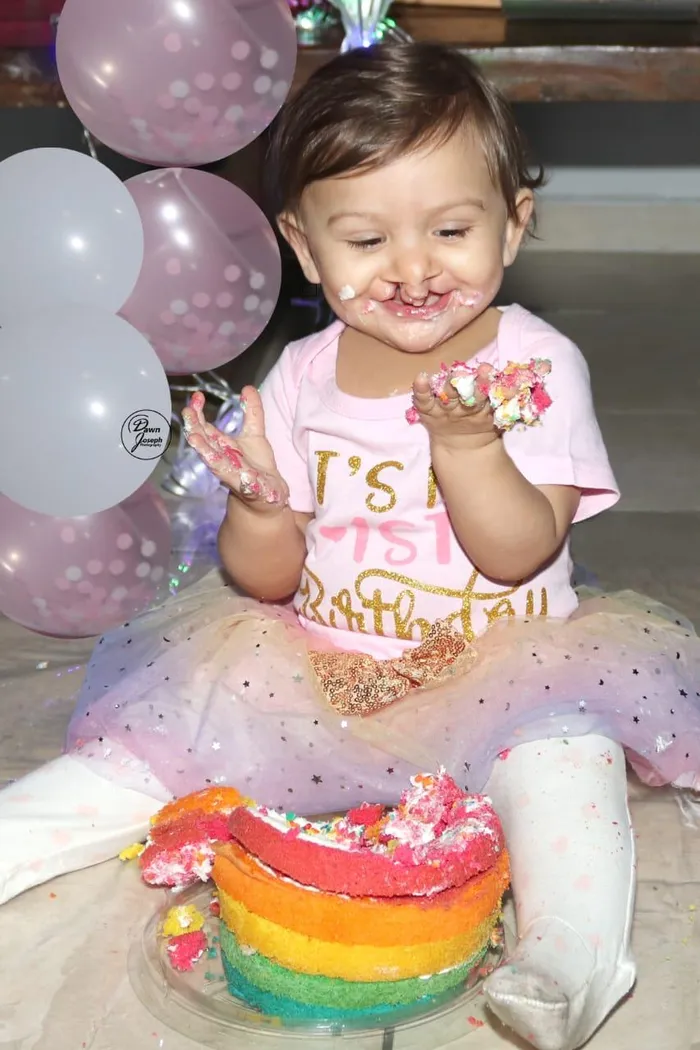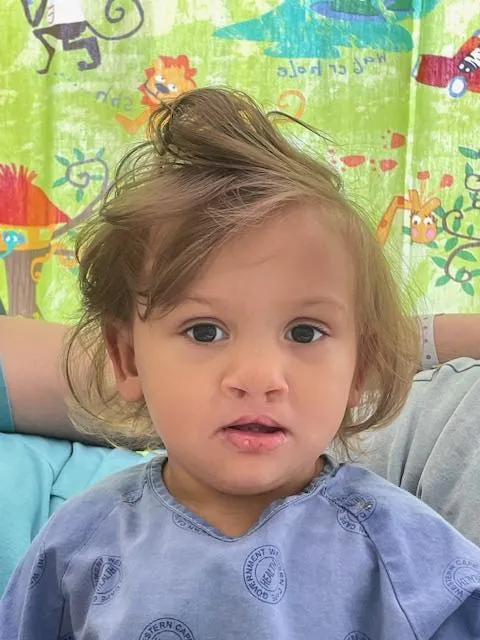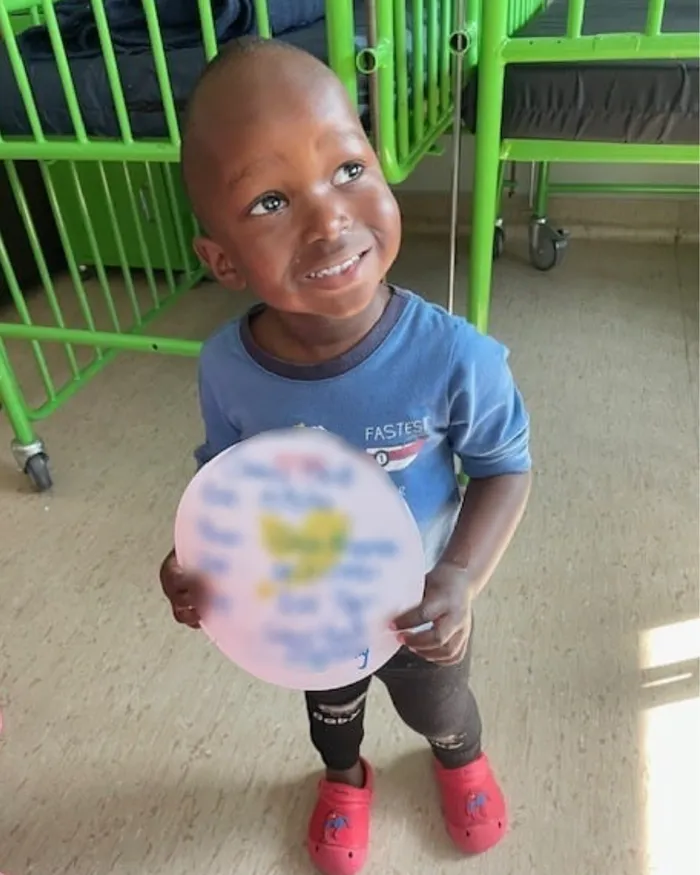Transforming lives: the impact of reconstructive surgery on children with cleft conditions

Anzelle before her surgery
Image: Supplied
This month marks National Cleft and Craniofacial Awareness and Prevention Month, a crucial time for illuminating the challenges faced by children born with conditions such as cleft lip, cleft palate, and various craniofacial anomalies.
These conditions not only affect a child’s physical growth but also have profound implications for their emotional and psychological well-being. In South Africa, a collaborative effort involving the Smile Foundation, Tygerberg Hospital, and the Red Cross War Memorial Children’s Hospital is dedicated to raising awareness and providing the much-needed reconstructive surgeries that can dramatically alter young lives.
As Professor Nick Kairinos, the head of Plastic and Reconstructive Surgery at Tygerberg Hospital, states, “These are not just cosmetic procedures; they are life-saving and life-changing.”
The impact of these surgeries is underscored by the number of congenital anomaly operations performed at these hospitals, a record that surpasses any other facility in the country. Surgeons from both the public sector and private practice voluntarily dedicate their time to perform these surgeries through initiatives such as Smile Weeks, which the Smile Foundation actively supports. This collaboration focuses on conditions like craniofacial deformities, cleft lip and palate, congenital hand anomalies, and congenital ear defects. Many children would otherwise face insurmountable delays or, regrettably, would not receive the care they desperately need.
Understanding the Challenge
Cleft and craniofacial conditions can often be diagnosed during pregnancy or immediately after birth. Early detection allows families and healthcare providers to swiftly devise an intervention plan, setting children on a trajectory for better long-term health. Without prompt treatment, these children are at risk of severe complications, including feeding difficulties, recurrent ear infections, hearing loss, and delays in speech development. In some cases, the social ramifications can gravely affect their confidence and sense of belonging.
One poignant testament to the transformative power of surgery comes from one-year-old Anzelle from Bellville, whose cleft palate was identified at birth. Her mother, Nicole, recalls the emotional highs and lows of their journey. “When I first saw her, I didn’t care about the cleft; I was just so happy to meet my baby. I knew God would make a way. I’ve been with her through every operation and recovery, and today we share an amazing bond. I wouldn’t change a thing.”

Anzelle after surgery
Image: Supplied
These surgeries do much more than just mend physical anomalies; they restore a sense of dignity and empower children with the ability to eat, speak, and smile confidently, free from pain or shame.
Compounding the challenges of craniofacial health, craniosynostosis occurs in about 1 in every 2,500 births, a condition where a baby's skull bones fuse prematurely. This often leads to abnormal skull shapes, increased pressure on the brain, and potential long-term intellectual impairments if not treated in a timely manner.
Three-year-old Caleb from Blue Downs underwent a highly intricate cranial surgery at Tygerberg Hospital last year. His mother, Rufaro, shares her fears and eventual relief through the experience: “I was scared and confused when I first heard the diagnosis. But the care and expertise we received gave me strength and hope.”

Caleb after surgery
Image: Supplied
Professor Kairinos explains that craniosynostosis surgeries involve the elaborate process of removing sections of the skull, reshaping them, and reattaching them to safeguard the brain while allowing for normal growth. This type of surgery necessitates a collaborative effort from both neurosurgeons and plastic surgeons.
Both mothers, Nicole and Rufaro, expressed immense gratitude towards the medical teams that guided their children through these crucial surgical milestones. Rufaro encourages other parents to remain vigilant. “If you notice anything unusual in your baby’s face or head shape, speak to your healthcare provider. Early help can make all the difference.”
The Western Cape Department of Health and Wellness commended the unwavering dedication of public health professionals and partners who tirelessly work to give children a renewed chance at a healthy, fulfilling life. “Together, we strive to build a health system of hope, ensuring that every child receives the care they deserve.”
Related Topics: